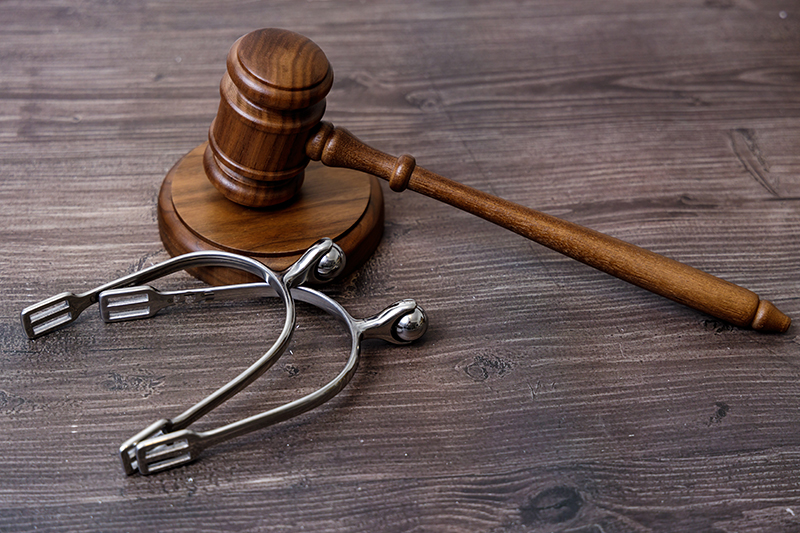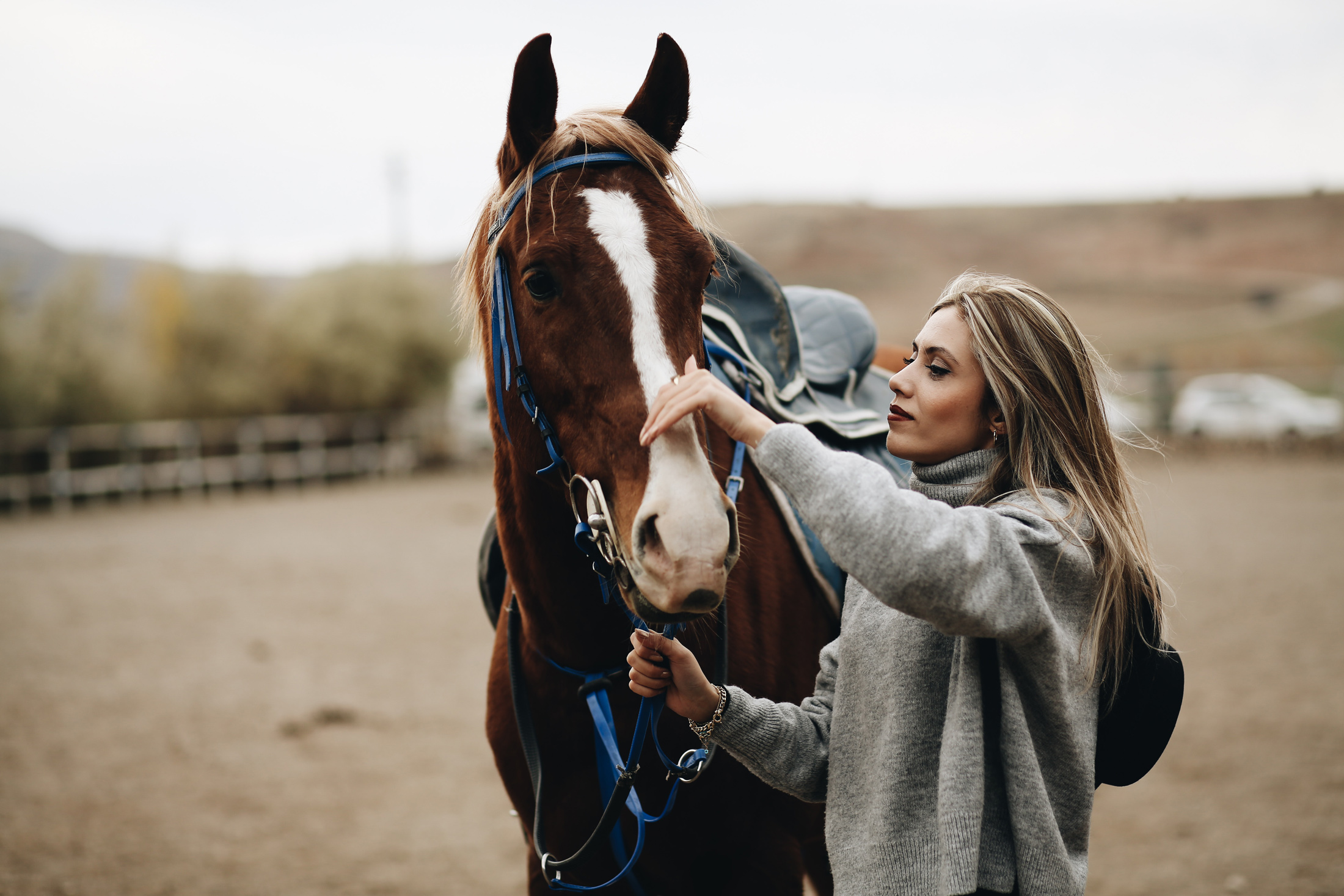Equine law pertains to all legal issues related to horses and their ownership. From liability concerns to proper treatment and care, understanding the legal landscape surrounding equines is crucial for anyone involved in the horse community. This article aims to provide valuable insights into equine law, addressing key aspects that every horse owner and enthusiast should know.
Understanding the Basics of Equine Law
Definition and Importance of Equine Law
Equine law comprises the legal frameworks, statutes, and regulations specifically related to the ownership, care, treatment, and transaction of horses. This branch of law is essential for ensuring not only the welfare of the horses but also the rights and responsibilities of their owners. Knowledge of equine law helps mitigate legal disputes and fosters a safer environment for all involved.
Moreover, equine law encompasses various areas such as contract law, property law, and tort law, ensuring that horse owners are protected against potential legal issues. It is vital that enthusiasts stay informed about these laws to safeguard their investments and enjoy a fulfilling experience in the equestrian world. The implications of equine law extend beyond simple ownership; they touch on issues such as liability in riding accidents, the responsibilities of trainers and veterinarians, and the ethical treatment of horses. As the equestrian community grows, so too does the complexity of the legal landscape surrounding it, making a solid understanding of equine law indispensable for anyone involved in horse-related activities.
Key Legal Terms in Equine Law
Familiarity with key legal terms is essential when navigating equine law. Below are some important concepts:
- Liability: Refers to the legal responsibility one has for their actions or negligence, particularly in cases of injury to another person or animal.
- Negligence: A failure to exercise the care that a reasonably prudent person would in the same situation, leading to damage or injury.
- Indemnity: A legal concept where one party agrees to compensate another for certain damages or losses.
- Contracts: Legally binding agreements between two or more parties regarding the sale, breeding, or care of horses.
By understanding these terms, horse owners can make informed decisions and effectively communicate their needs and concerns within the legal framework. Additionally, grasping the nuances of these legal concepts can empower horse owners to advocate for their rights and the welfare of their horses. For instance, understanding liability can help owners take proactive measures to ensure safety on their property, while knowledge of contracts can aid in negotiating fair terms for services such as training or boarding. This awareness not only enhances the overall experience of horse ownership but also contributes to a more responsible and knowledgeable equestrian community.
Legal Rights and Responsibilities of Horse Owners
Ownership and Property Rights
As a horse owner, it is essential to understand your ownership and property rights. This includes having clear title to the horse, which proves that one is the rightful owner. Ownership involves not only rights but also various responsibilities, including the duty of care towards the horse’s well-being. This duty encompasses providing adequate nutrition, shelter, veterinary care, and regular exercise, all of which are vital for maintaining the health and happiness of the horse.
Additionally, property rights extend to issues of boarding, sales, and leasing arrangements. For instance, when boarding a horse, one must ensure that the boarding contract is legally sound and outlines the responsibilities of both parties involved. It is also wise to consider the implications of zoning laws and local ordinances that may affect where horses can be kept, as these regulations can vary significantly by region. Understanding these laws can prevent potential conflicts with neighbors or local authorities.
Liability and Insurance Matters
One of the primary concerns for horse owners is liability. If a horse causes injury to another person or damages property, the owner can be held liable. This makes understanding liability laws and having appropriate insurance coverage crucial. It is important to note that liability can arise not only from direct actions of the horse but also from situations where the horse escapes or causes a disturbance, leading to accidents.
Horse owners typically obtain liability insurance to protect themselves against claims resulting from accidents involving their horses. This coverage can help cover medical expenses, legal fees, and potential settlements or judgments. Always consult with an insurance professional to determine adequate coverage. Furthermore, some horse owners may also consider additional policies, such as equine mortality insurance, which provides financial protection in the unfortunate event of a horse’s death due to illness or injury. This can be particularly important for those who have invested significant time and resources into training and caring for their horses, as it helps mitigate the financial impact of such a loss.
Laws Surrounding Horse Welfare and Treatment
Animal Welfare Acts and Horses
Animal welfare laws exist to protect animals from harm and to ensure their well-being. In the United States, various states have implemented Animal Welfare Acts that set standards for the treatment of all animals, including horses.
These laws mandate proper housing, nutrition, veterinary care, and general treatment. Violations can lead to serious legal consequences, including fines and, in severe cases, criminal charges. Horse owners should familiarize themselves with their state’s specific regulations to comply with the law and provide the best care for their equines. Additionally, many states have established guidelines regarding the minimum space requirements for stabling horses, ensuring they have adequate room to move and engage in natural behaviors. This aspect of the law highlights the importance of not just meeting basic needs but also fostering an environment that promotes the physical and psychological health of horses.

Moreover, organizations dedicated to horse welfare often play a vital role in advocating for stronger regulations and educating the public about responsible ownership. These groups may conduct outreach programs that inform horse owners about the latest best practices in care and the legal obligations they must uphold. By working collaboratively with lawmakers, these organizations strive to enhance the standards of horse welfare across the country, ensuring that equines are treated with the respect and dignity they deserve.
Legal Consequences of Animal Cruelty
Animal cruelty is a serious offense and carries significant legal repercussions. Under the laws governing animal welfare, neglecting a horse’s needs or intentionally harming an animal can lead to criminal charges. Learn more about cyber, data and privacy law: staying compliant in the digital age.
The legal system often views animal cruelty with great severity, and penalties may include fines, community service, and even imprisonment. Understanding the repercussions of such actions emphasizes the legal and moral responsibility of horse owners to treat their animals humanely. In many jurisdictions, the legal definition of animal cruelty encompasses a wide range of behaviors, from outright abuse to neglect, which can include failing to provide adequate food, water, shelter, and medical care.
Furthermore, the consequences of animal cruelty extend beyond legal penalties; they can also have lasting effects on the community and the individuals involved. Cases of severe neglect or abuse often garner significant media attention, raising public awareness about the importance of animal welfare. This heightened scrutiny can lead to increased reporting of suspected cruelty cases and a more vigilant public that advocates for the rights of animals. In some instances, offenders may also face social stigma and reputational damage, which can impact their personal and professional lives. Thus, the ramifications of animal cruelty are far-reaching, underscoring the necessity for responsible horse ownership and the ethical treatment of all animals.
Equine Business and Contract Law
Buying and Selling Horses: Legal Considerations
Buying or selling a horse involves navigating various legal considerations, from ensuring clear title to drafting sales contracts. A well-structured contract protects both the seller and the buyer, outlining the terms of sale, warranties, and liabilities.
Buying horses comes with potential risks, such as undisclosed health issues or legal disputes regarding ownership. It is advisable to conduct thorough research, including vet checks and background checks, before proceeding with any transaction. Consulting with a lawyer familiar with equine law can also provide additional security in these dealings.
Additionally, buyers should be aware of the importance of obtaining a pre-purchase examination, which can reveal underlying health issues that might not be immediately apparent. This examination typically includes a thorough physical assessment, lameness evaluation, and sometimes even advanced imaging techniques. Sellers, on the other hand, should be transparent about any known issues to avoid potential legal repercussions down the line. In some jurisdictions, failing to disclose certain information can lead to claims of misrepresentation, which can be costly and damaging to one’s reputation in the equine community.
Breeding Contracts and Agreements
Breeding agreements are complex legal documents that detail the responsibilities and rights of both breeders and owners. These contracts should address crucial aspects such as the payment terms, care of the mare, stud services, and ownership rights of the foal.
Well-drafted breeding contracts can prevent misunderstandings and disputes. It is wise for all parties involved to clearly understand their obligations and expectations and ensure that the contract is legally binding.
Moreover, the inclusion of clauses that address unforeseen circumstances, such as the mare’s inability to conceive or complications during pregnancy, can be vital. Breeding contracts may also specify the conditions under which a mare can be bred to multiple stallions or the rights of the owner regarding the foal’s registration and naming. These details not only protect the financial interests of both parties but also foster a cooperative relationship that can lead to successful breeding outcomes. In an industry where reputation and trust are paramount, having a comprehensive and clear contract can serve as a foundation for fruitful partnerships in the equine world.
Dispute Resolution in Equine Law
Mediation and Arbitration in Equine Disputes
When legal disputes arise in the equine industry, mediation and arbitration provide alternative resolution methods that can be less costly and time-consuming than litigation. Mediation involves a neutral third party who assists the disputing parties in reaching a mutually acceptable resolution.
Arbitration, on the other hand, involves a neutral arbiter who makes a binding decision based on the evidence presented. Both methods can be effective in resolving disagreements over contract interpretations, ownership disputes, and liability issues.

Litigation in Equine Law
While many disputes are resolved through mediation or arbitration, some cases may require formal litigation. Lawsuits related to equine law may involve personal injury claims, contract disputes, or violations of animal welfare laws.
Litigation can be a lengthy and expensive process, making it essential for horse owners to seek legal counsel when faced with potential litigation issues. An experienced attorney can navigate the complexities of equine law and advocate effectively on behalf of their client.
In conclusion, understanding equine law is crucial for horse owners and enthusiasts alike. Knowledge of rights, responsibilities, and legal frameworks not only helps in compliance with regulations but also in fostering a harmonious relationship with horses and other equine professionals. Legal insights empower owners to make informed decisions and safeguard their equine interests.


